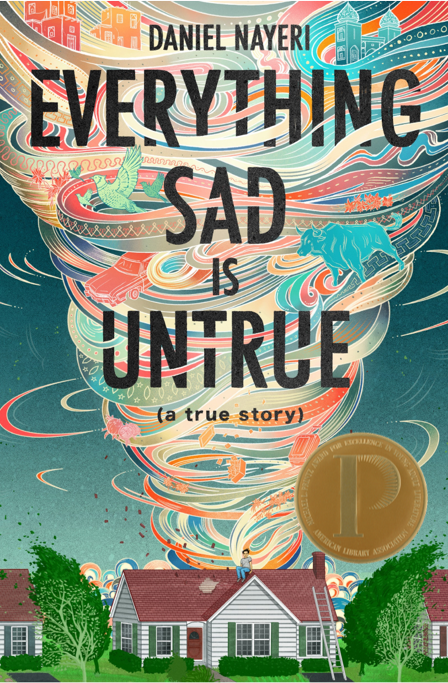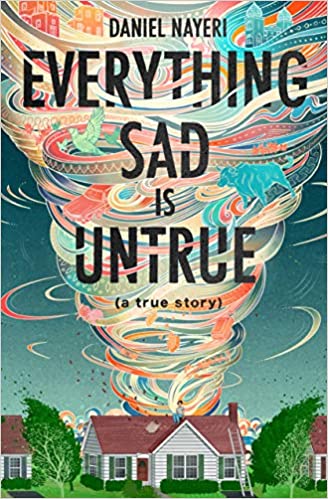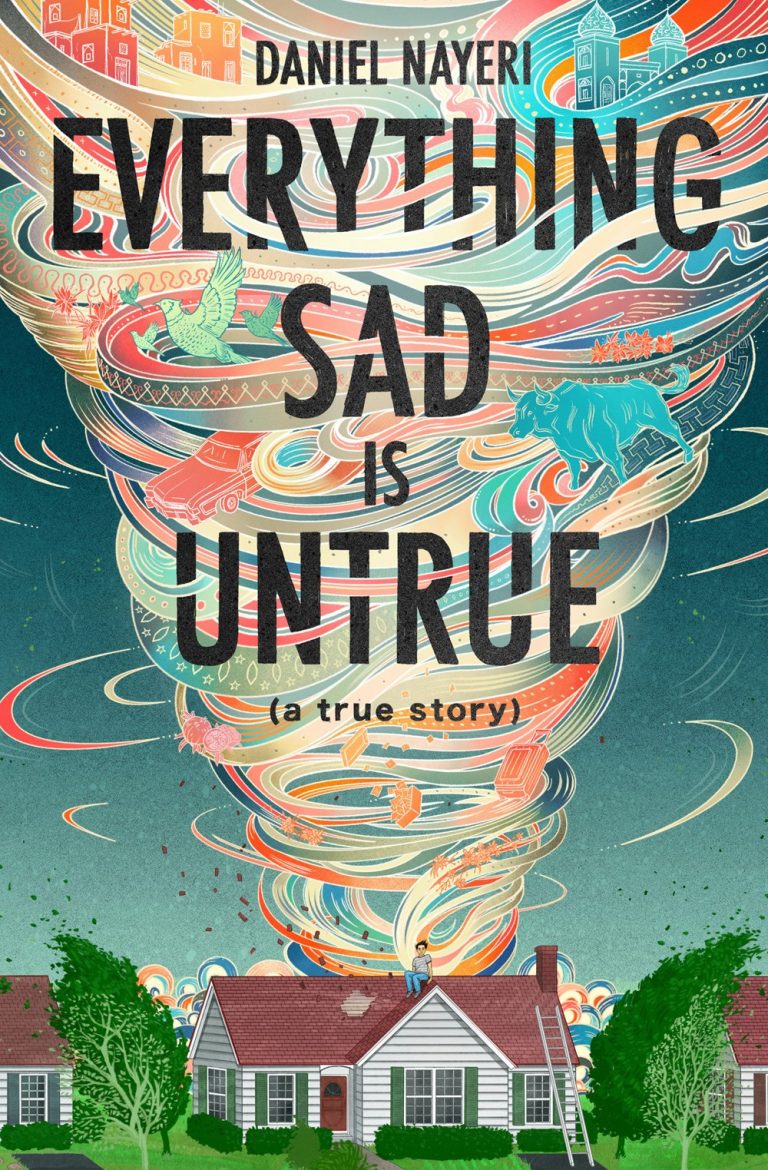

Familiar and unfamiliar, as most true stories are: familiar because they tell the truth, and unfamiliar because each storyteller is unique.

Everything Sad is Untrue will be unlike anything you’ve ever read, but it will also be very much like all the best things you’ve ever read, and that’s part of what makes it so good. In a way, his stories also kept him alive through long darkness to the hope of dawn, and you can read them if you pick up a copy of his book. Persian-American author Daniel Nayeri has been a storyteller for a long time-long before he wrote his now acclaimed memoir Everything Sad Is Untrue-and when he was a child, he told stories, like Scheherezade, to his class in Oklahoma. Her stories keep her alive, and every morning, there is hope. If she can make it until dawn alive, she lives another day. In the Persian classic One Thousand and One Nights, the doomed bride Scheherezade tells story after story each night to hold the interest of her husband the king, and prevent him from killing her at dawn. Hoyle explores the ways our cultural narratives act on us individually and in society as a whole. Everything Sad Is Untrue (a true story) is a tale of heartbreak and resilience and urges readers to speak their truth and be heard.Every other Tuesday in Storied, K. Like Scheherazade of One Thousand and One Nights in a hostile classroom, Daniel spins a tale to save his own life: to stake his claim to the truth. Implementing a distinct literary style and challenging western narrative structures, Nayeri deftly weaves through stories of the long and beautiful history of his family in Iran, adding a richness of ancient tales and Persian folklore. Anywhere becomes the sad, cement refugee camps of Italy, and then finally asylum in the U.S. At the core is Daniel's story of how they became refugees-starting with his mother's vocal embrace of Christianity in a country that made such a thing a capital offense, and continuing through their midnight flight from the secret police, bribing their way onto a plane-to-anywhere. In an Oklahoman middle school, Khosrou (whom everyone calls Daniel) stands in front of a skeptical audience of classmates, telling the tales of his family's history, stretching back years, decades, and centuries.

"A patchwork story is the shame of the refugee," Nayeri writes early in the novel. It is a powerfully layered novel that poses the questions: Who owns the truth? Who speaks it? Who believes it?

A sprawling, evocative, and groundbreaking autobiographical novel told in the unforgettable and hilarious voice of a young Iranian refugee.


 0 kommentar(er)
0 kommentar(er)
